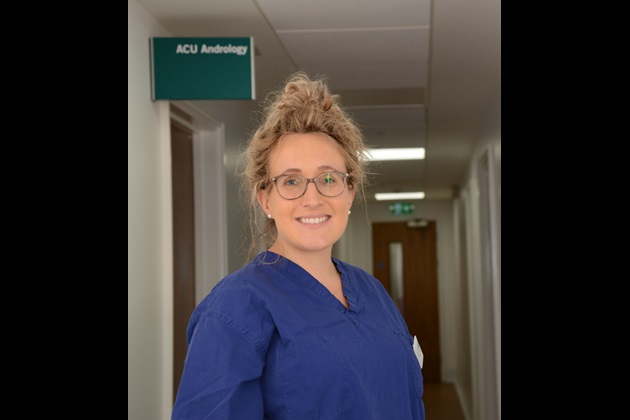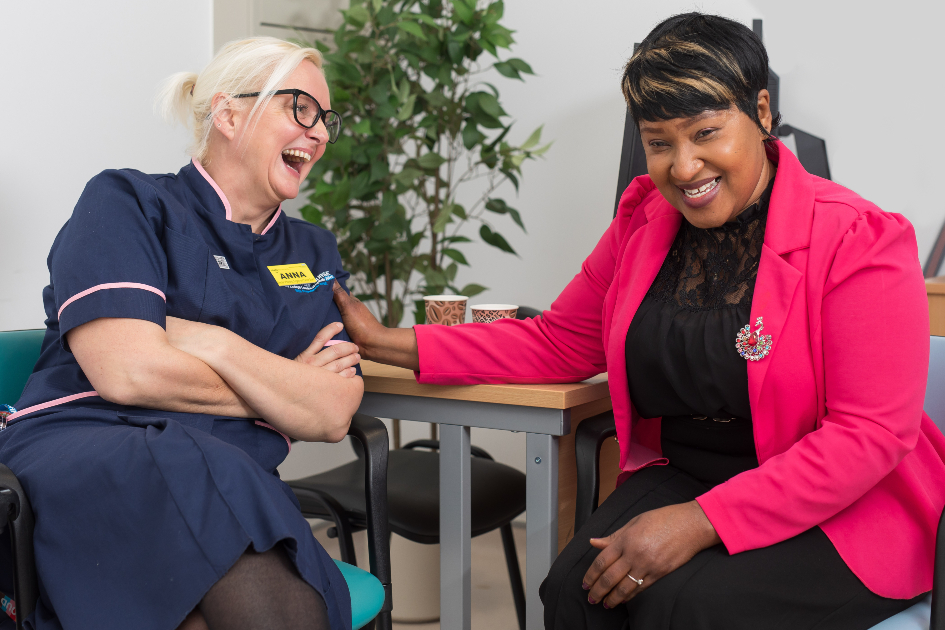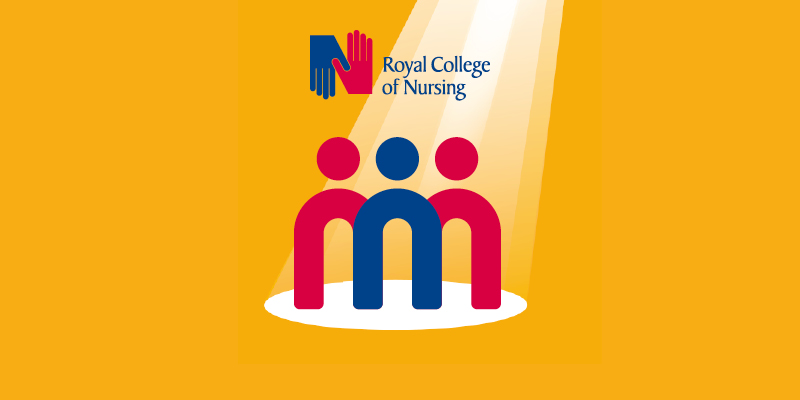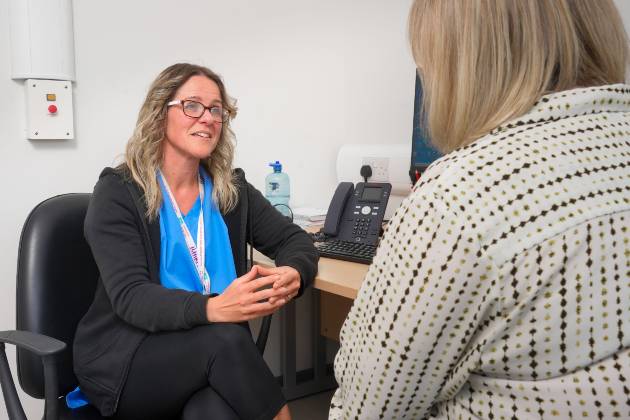“No two days are the same. I can be in scrubs in theatre in the morning and in uniform helping with nurse consultations and taking blood samples in the afternoon,” says Charlene.
Charlene Gilbert works as an assistant practitioner (AP) in a private hospital. Her work in theatre might involve assisting in an egg collection or transfer. But she also acts as a chaperone for internal scans and shows patients how to administer subcutaneous injections for their treatment.
As a key part of the multi-disciplinary team her role takes her to all parts of the hospital. As well as working with the nursing team, the administration team, the fertility counsellor and anaesthetists, she also works closely, often as a witness, with embryologists in the labs who work with the sperm, eggs and embryos.
But her favourite part of the job is working with patients on a one-to-one basis.
“I really enjoy seeing my patient’s whole journey, chaperoning and supporting them when they first arrive, full of anxiety, through to a theatre slot. I work with some women for about six weeks and in that time I can build trust and rapport.” she says.
Private and NHS patients
Charlene explains she works with people using private care who’ve exhausted their NHS funding, or who already have children or don’t meet NHS guidelines for treatment.
However, although she works in a private clinic Charlene says about half her time is spent with NHS patients being cared for in the independent sector.
“The NHS criteria can appear very strict. For example, patients mustn’t smoke or drink alcohol and they must be in the healthy Body Mass Index (BMI) range.”
Charlene says she got a much deeper insight into why BMI is so important when she studied polycystic ovary syndrome in her AP degree.
I’ll take what I learnt with me throughout my career
“It was so interesting to see what goes on inside the body and how a high BMI can have an impact on fertility,” she says.
“I can see why this is a criteria for NHS patients because if you’re not in the healthy range for BMI, you’re at increased risk of miscarriage. In my case study I followed one woman’s journey and reflected on what we do. I’ll take what I learnt with me throughout my career.”
Career development
In her journey to becoming an AP in a fertility clinic, Charlene worked as a HCA for 12 years, but she admits that until she started her AP course she’d always taken a hands-on, rather than an academic approach.
“I first read about the AP role in an RCN magazine and have been lucky enough to work for an employer willing to support me through my foundation degree through the apprenticeship route. This meant I could maintain a full-time wage and study for a week every few months. I did my coursework and essays in the evenings and weekends.”
She adds: “It was hard work and while I’m so pleased it’s now over, I have a huge sense of achievement. I feel it’s set me up for the next step in my career.”
Relevant experience
Charlene has some helpful advice if you’re considering a role in fertility nursing.
“I started off working in radiology so had experience of assisting with internal scans. I’d suggest getting experience in sexual health, gynaecology or women’s health,” she says.
“It’s not all about working with women of course, but it is a lot about that. You need to be able to build a rapport and understand how upsetting things can be. But you do get trained on the job and everyone has to start somewhere.”
HCAs and APs contribute significantly to fertility care services across the UK in a range of roles. It’s important to recognise the diversity of roles now available in this exciting area of practise for anyone who wants to develop their career
Feeling inspired?
- Read the RCN Education and Career Progression Framework for Fertility Nursing.
- Find out more about the RCN Fertility Nursing Forum and follow the forum on Twitter @RCNFertility.
- Read the RCN library subject guide on fertility nursing.
- Find out about the RCN's careers resources for health care support workers.








